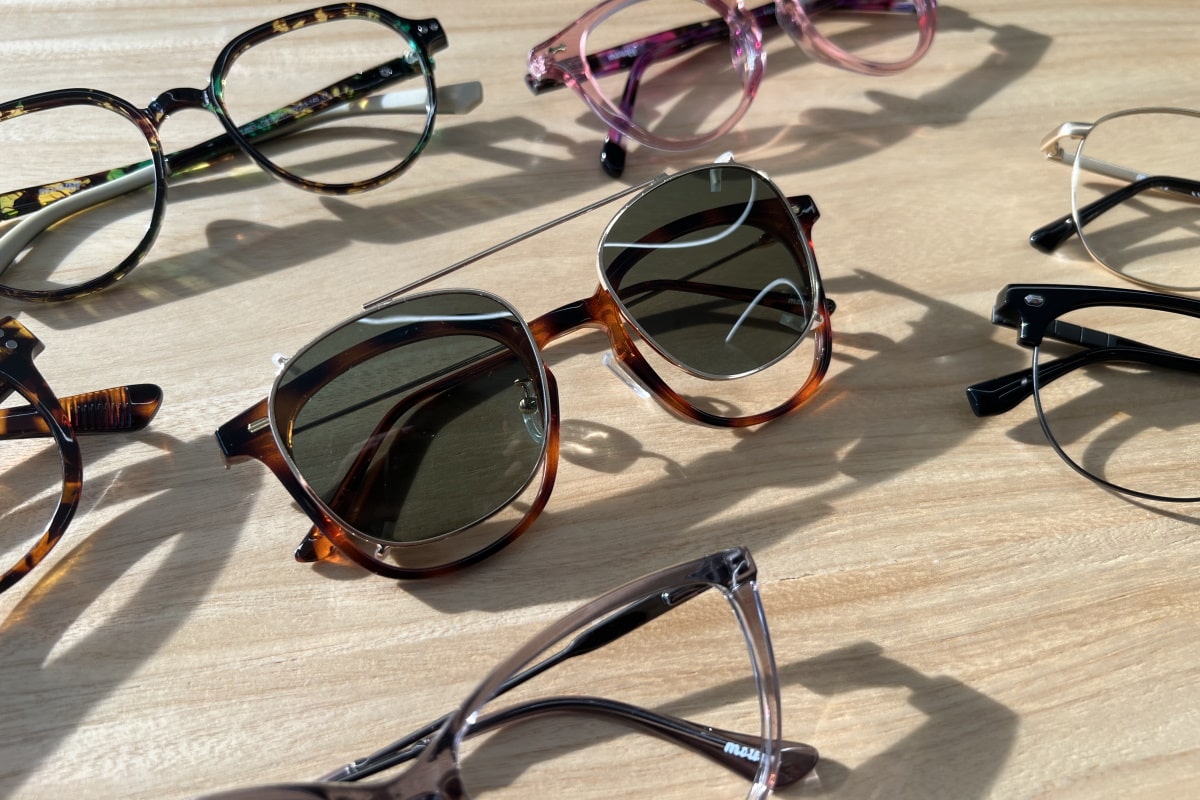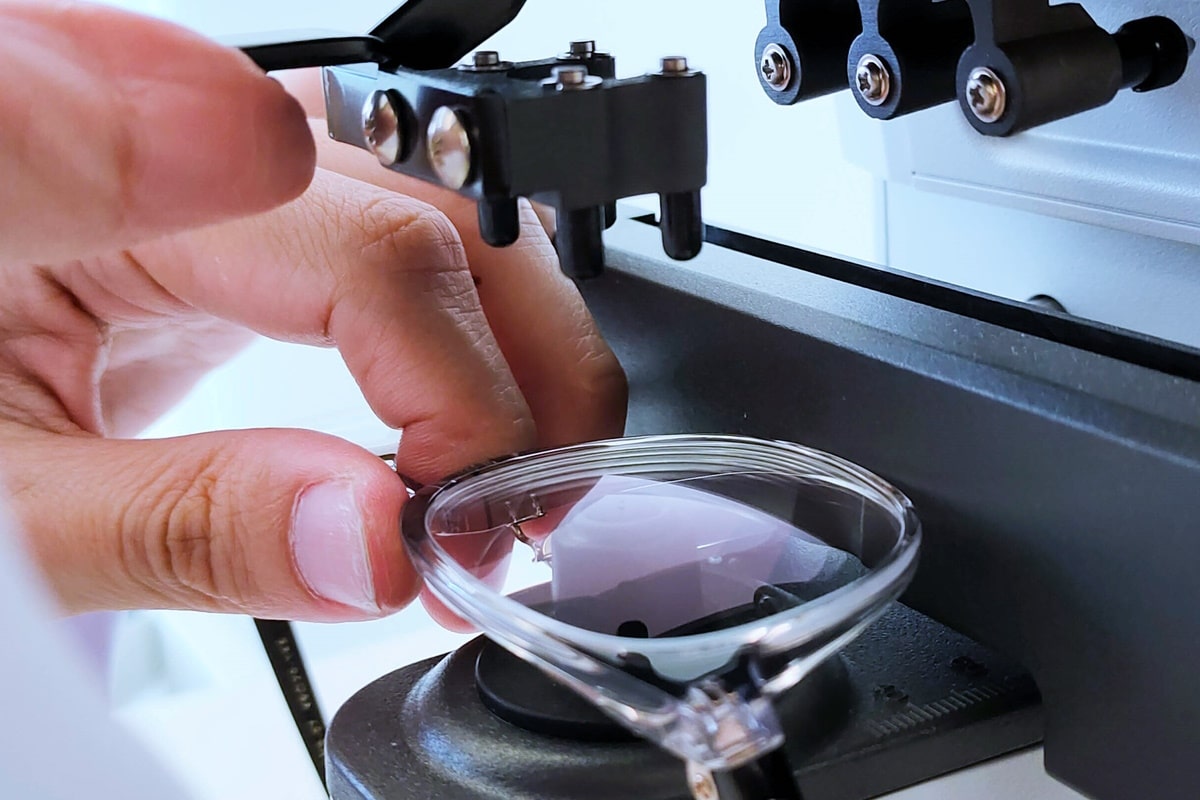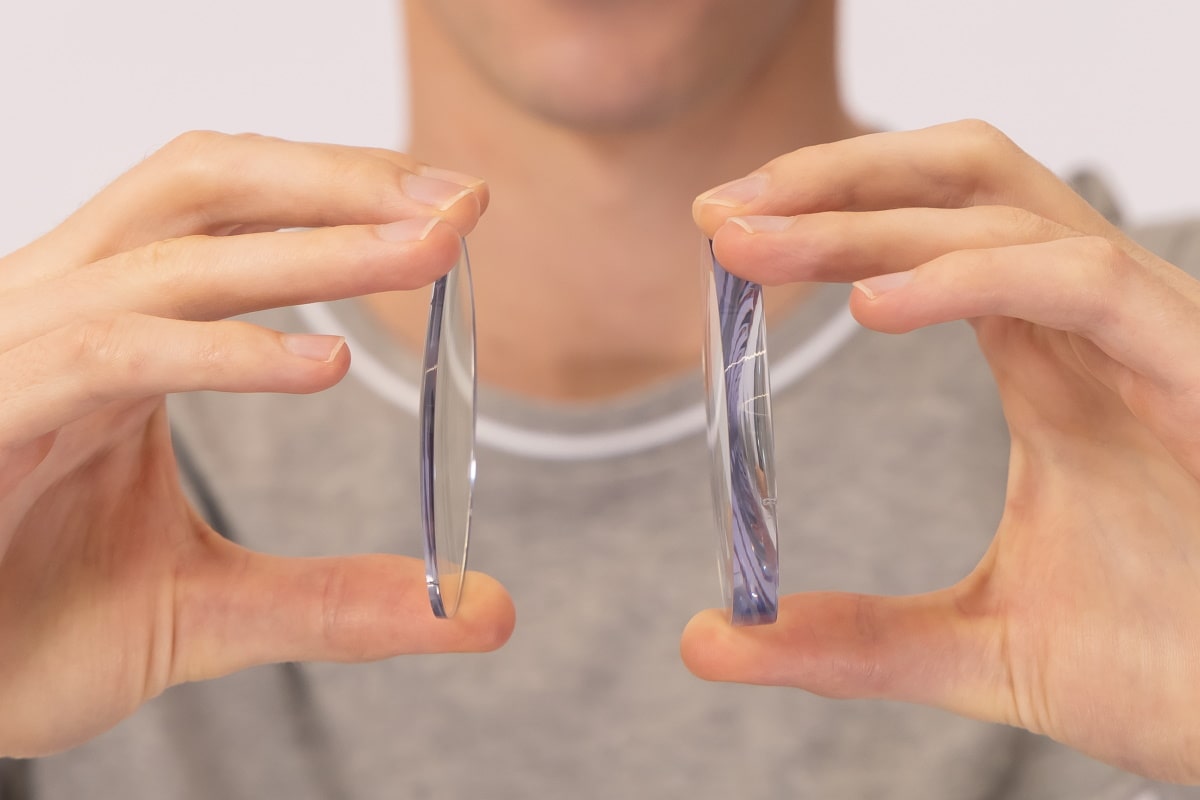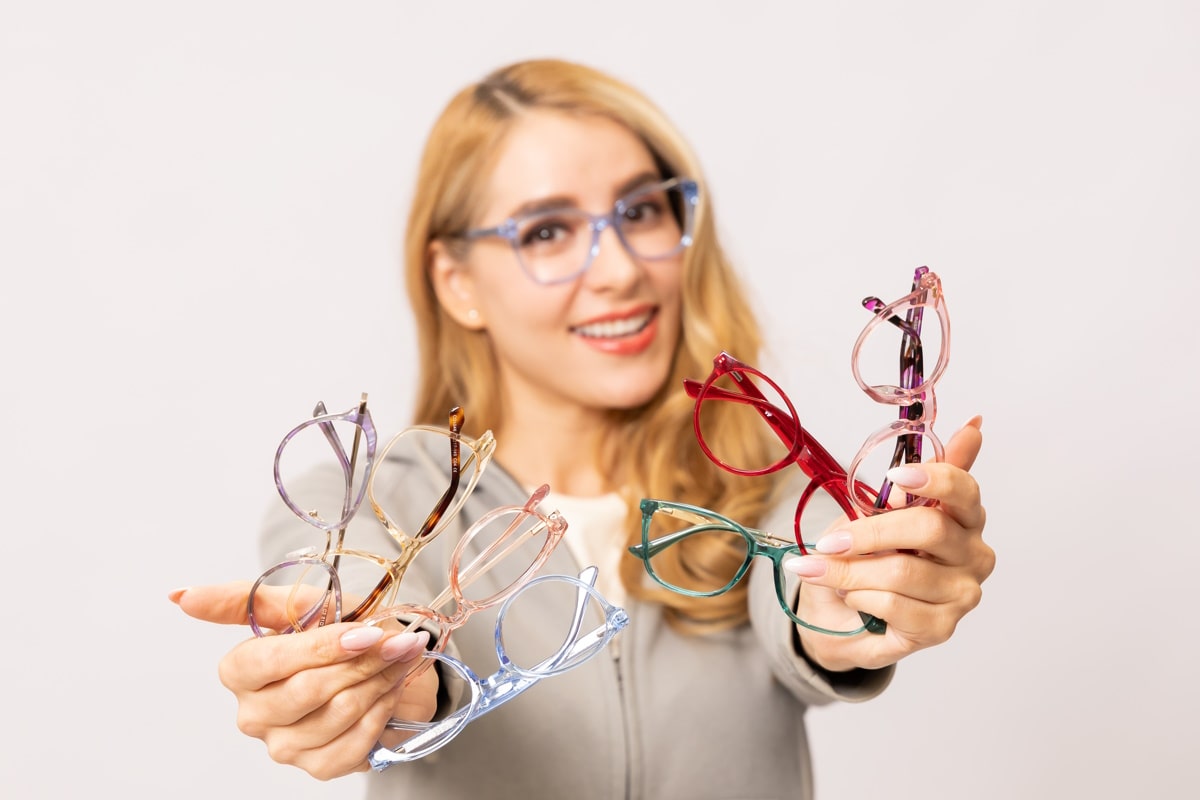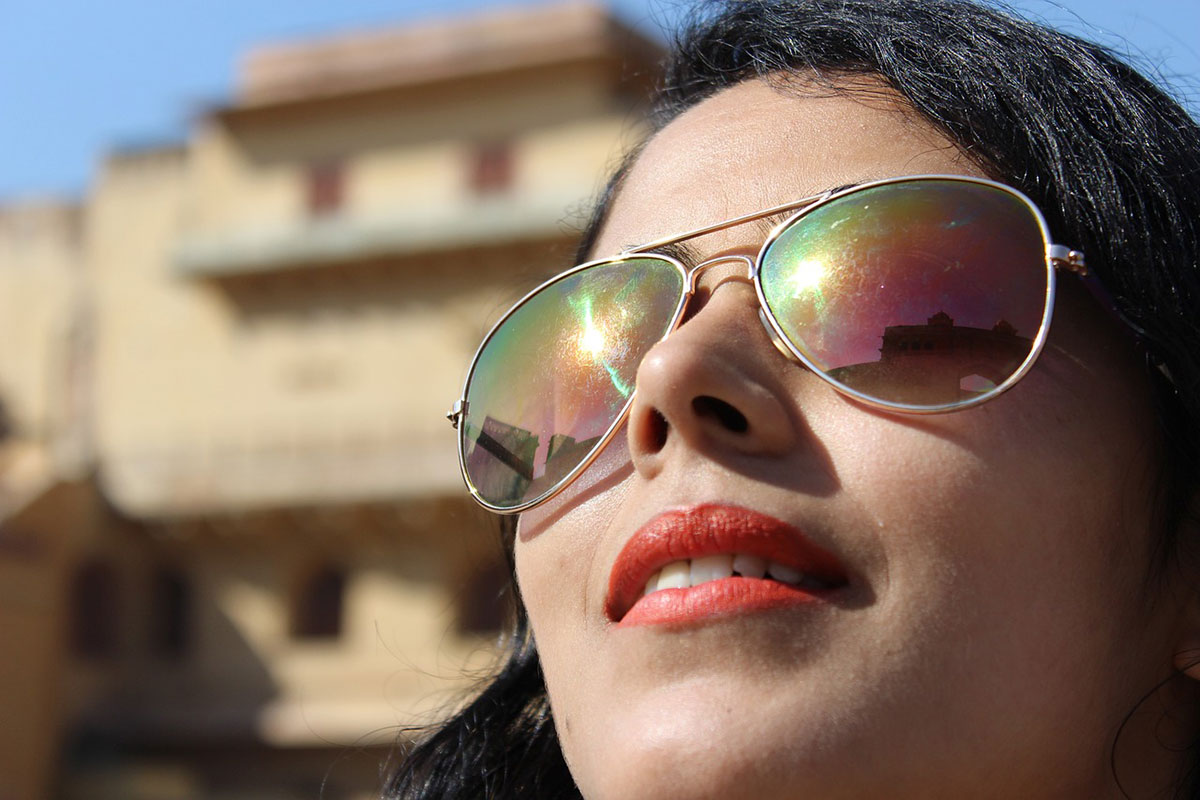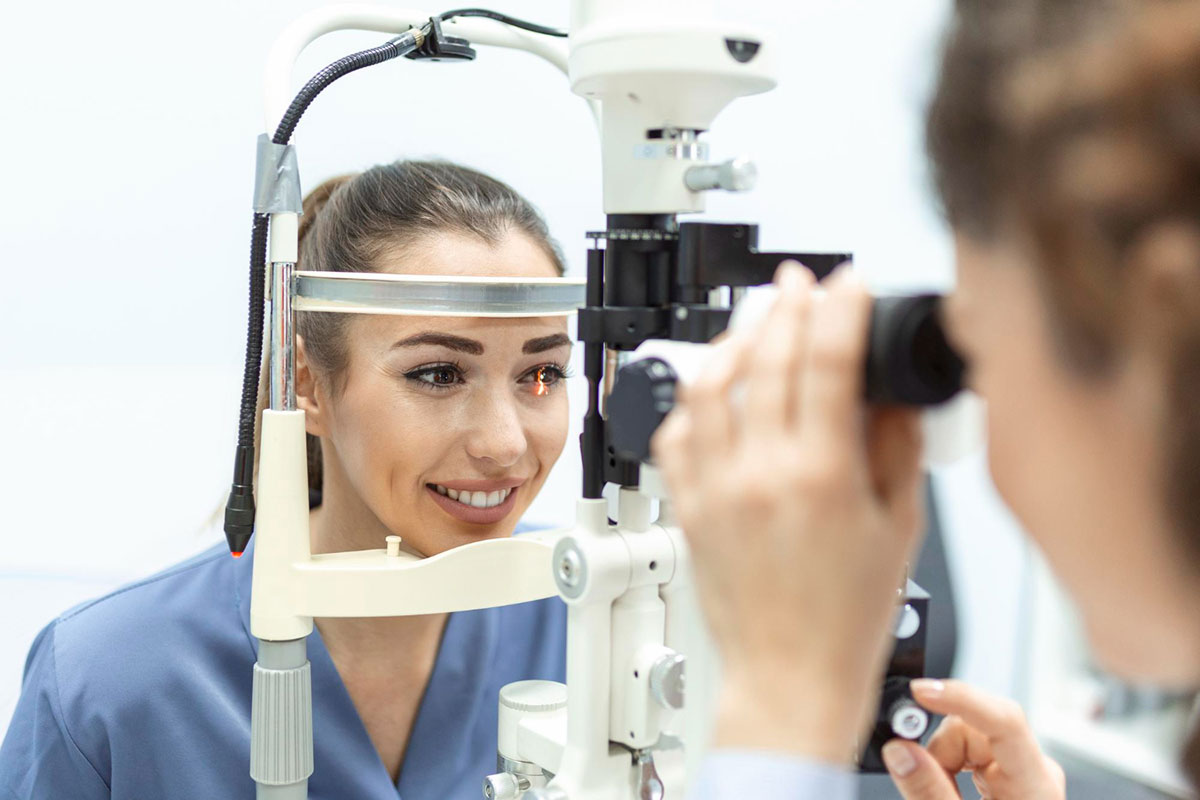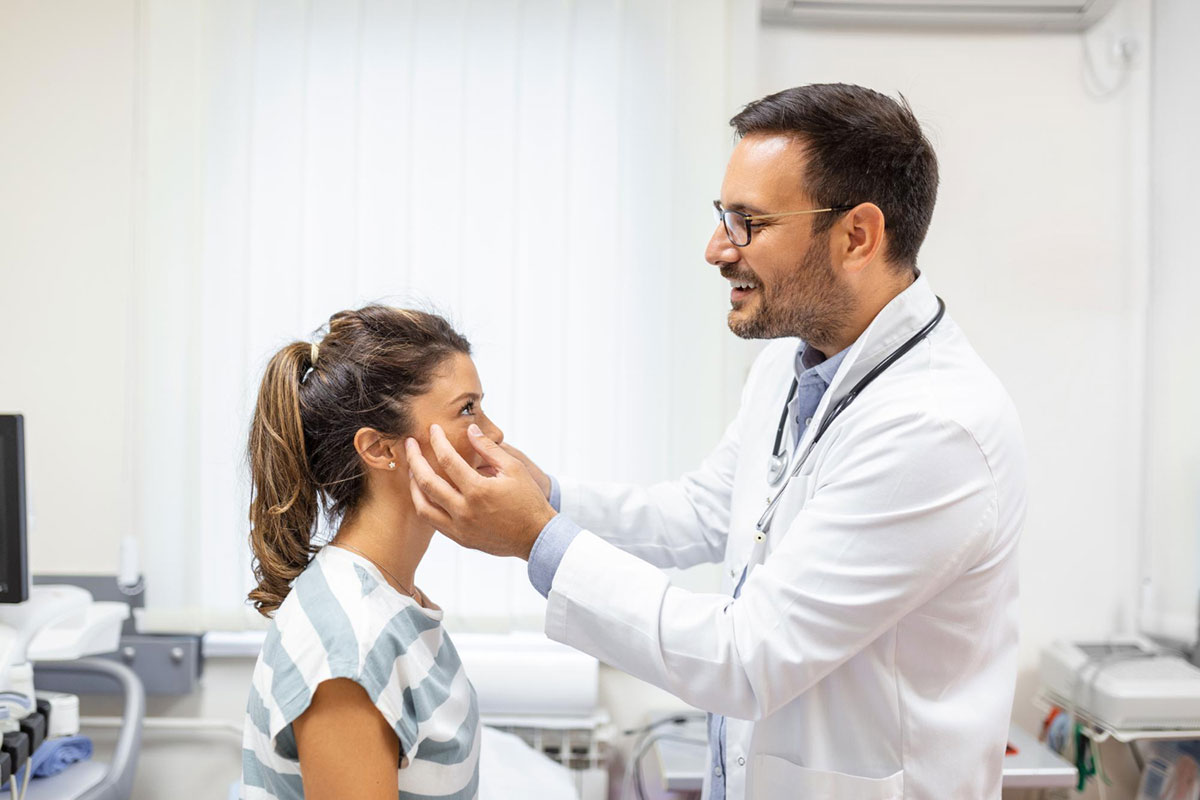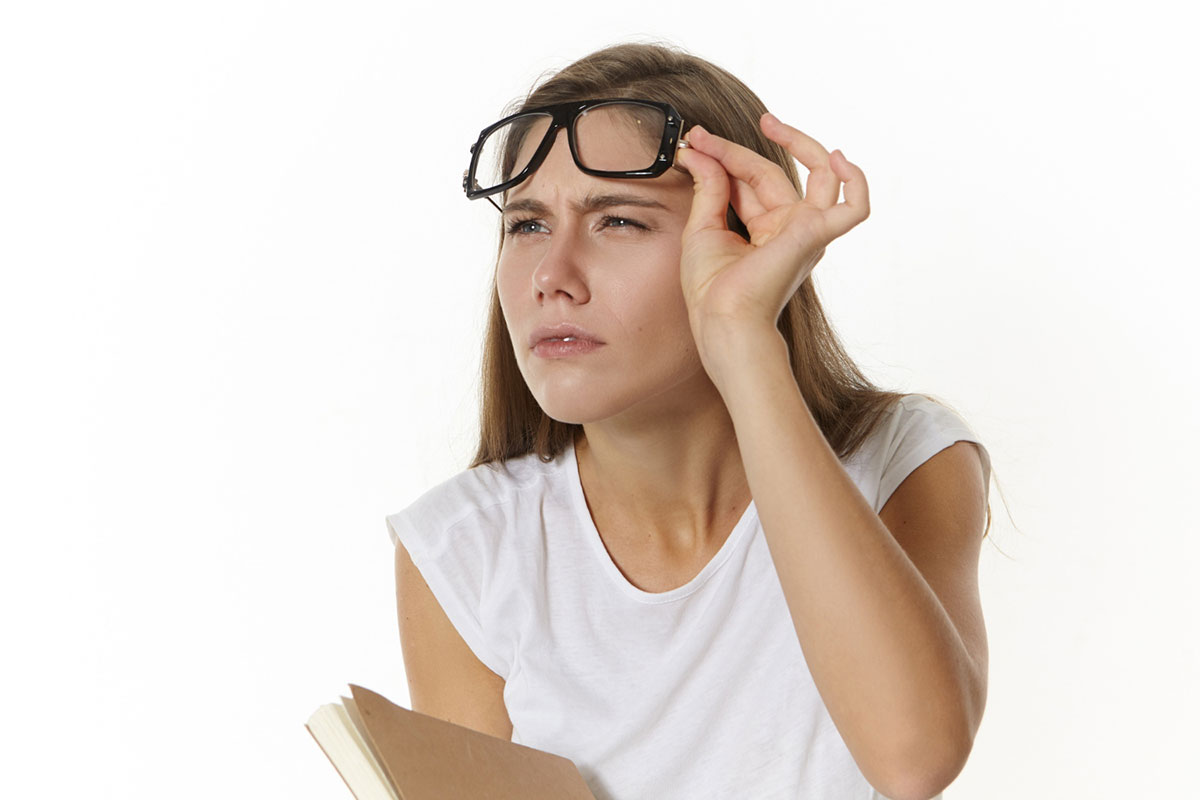How Often Should You Get an Eye Exam?
They say the eyes are the window to the soul. With that being said, you can’t look out that window well enough if you have blurry vision! Taking the necessary steps to keep your peepers healthy is crucial if you want to maintain your 20/20 vision.
Regular eye exams
A good place to start is scheduling regular eye exams with your optometrist. But how often should you get one? In this blog post, you’ll get the scoop on how often you should get your eyes checked and why it’s so important for keeping your eyes healthy.
How often should infants, children & teens get an eye exam?
Laying the foundation for healthy vision should start at a young age. Just like any other part of the body, the eyes can develop issues from childhood, which is why getting them checked early and often is critical to a child’s physical development.
According to the American Optometric Association (AOA), all infants should have an eye exam between 6 and 12 months of age. Meanwhile, children should have their eyes examined every one to two years until age 18.
In addition, certain risk factors like premature births, a family history of diabetes, and any illnesses the mother contracted while pregnant can potentially have an adverse effect on the baby. These factors could complicate a child’s vision and should be closely monitored by an eye doctor.
So how can you tell if your child has eye problems? A few tell-tale signs include:
- Squinting
- Tilting their head to one side when trying to see something
- Holding books or toys close to their face
- Sitting too close to the television
- Rubbing their eyes often
You can also check with their teachers to see if your child has any issues with learning. If they’re struggling with reading or writing, it could be a sign of a vision problem.
Once you detect any of the aforementioned symptoms in your child, schedule an appointment with your optometrist immediately.
How often should young to middle-aged adults get an eye exam?
Once you reach adulthood, the frequency of eye exams changes. How often you get eye exams depends heavily on your age, your habits, and if you have any pre-existing conditions like diabetes, hypertension, or a family history of glaucoma.
The AOA recommends starting with an annual exam at the age of 19 and then getting them every two years at the very least until the age of 40. Past 40, adults aged 55 to 64 should get an eye exam every one to three years.
For adults who wear eyeglasses or contact lenses, most specialists will recommend an annual eye exam. You’ll need the annual check-up to know if your prescription has changed over time and if you’ll need a new pair of glasses or contacts in order to maintain clear vision.
How often should older adults get an eye exam?
Once you reach the age of 60, regularly checking up on your eye health becomes more important than ever.
The AOA recommends getting an annual eye exam at a minimum or every two years for older adults aged 65 and up. That’s because vision problems become more common in older adults, and more frequent checkups can help diagnose any issues at their onset.
Getting regular tests for glaucoma is also a must at this age, as this condition is more common among older adults.
For older adults with a history of glaucoma, cataracts, or macular degeneration, maintaining good lifestyle habits is essential to keeping your eyes healthy. This includes eating a balanced diet and wearing sunglasses when outside.
You should also strictly follow any instructions given by your ophthalmologist or optometrist in terms of medication.
Why are regular eye exams important?
Regular eye exams are critical for everyone, no matter their age or health status. Detecting any vision issues early on is key to getting them treated more effectively.
You’ll also get to know an oft neglected part of your body better, as optometrists will go as far as to check the inner parts of your eyes and assess eyes’ overall health.
That said, the prevention of vision issues is always better than seeking treatment after they’ve already developed.
Suppose you spend your day working on the computer, not giving your eyes enough rest. Try to find ways to relax your eyes by taking breaks from your screens and following the 20-20-20 rule: look away every 20 minutes, and focus on something 20 feet away, for at least 20 seconds. Doing this can reduce the symptoms of digital eye strain and help keep vision issues at bay.
When you do get to your eye exam, be proactive in asking your optometrist questions and highlighting any concerns you may have. For instance, you may ask about how often you need to change your prescription, and whether there are any lifestyle habits you should be practicing to keep your eyes healthy.
You can also bring up any potential risks and symptoms you’re experiencing like headaches, double vision, dry eyes, or sensitivity to light. From there, your optometrist can assess your lifestyle and recommend treatments to keep these symptoms from progressing.
How to choose the right eye health professional
When it comes to eye health, there are a few different types of professionals. Choosing the right one matters as each one has their own specific roles and services.
Optometrists are trained to give primary care exams and prescribe eyeglasses or contact lenses if needed. They also have the equipment to diagnose and manage various eye diseases like glaucoma.
As for ophthalmologists, they have medical degrees and specialize in more demanding treatments, such as laser-guided surgeries or prescribing medication.
Your primary care physician can sometimes give initial eye exams, but it’s generally recommended to seek out an optometrist for your regular check-ups.
But generally, if you need a specific or advanced treatment, you should see an ophthalmologist.
For more details – check our article on the differences between optometrists and ophthalmologists.
Signs that you may need an immediate eye exam
Apart from blurry vision, other signs that call for an emergency eye exam are sudden vision loss, severe eye pain, seeing halos around lights, or flashes of light.
Other signs that may indicate a problem include the following:
- Double vision (seeing two objects where there’s only one)
- Sensitivity to light
- Eye pain, redness, or swelling
- Seeing objects appear distorted
These emergencies need immediate care, as some might be fatal (e.g., sudden vision loss while driving) and their progression needs to be halted as soon as possible.
Bottom line: Regular eye exams are key to preserving healthy vision, so remember to make them a part of your healthcare routine!
Eye exams aren’t that hard!
“Exams” might put you off, but an eye exam is one where you can get an A+ just for showing up!
In all seriousness, your eyesight is a precious thing, so make sure you get regular check-ups with a trusted professional and practice these good habits to keep your eyes healthy.
Additionally, you may take vitamins and supplements to boost your eye health. Also, wear protective eyewear when necessary and try to limit your screen time.
Stay on top of your health, and you’ll be able to enjoy optimum vision for years to come.

Written by:
Juan Villarba

